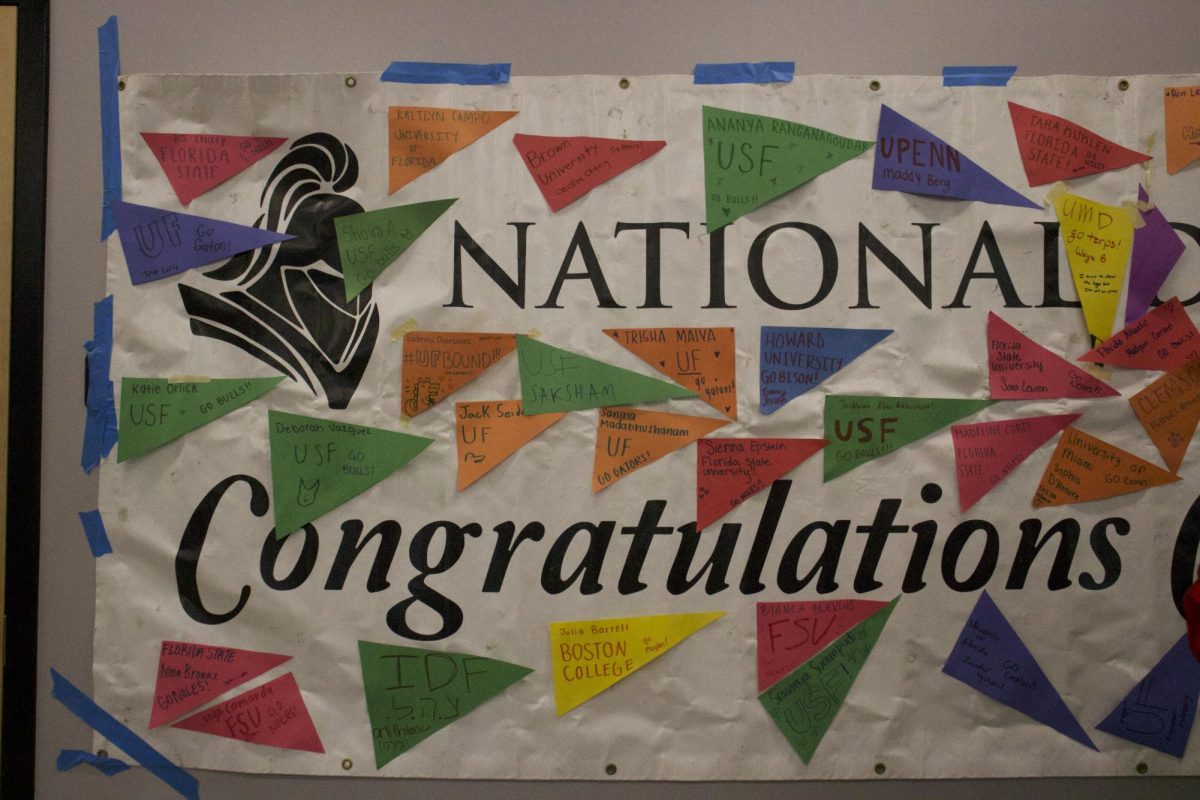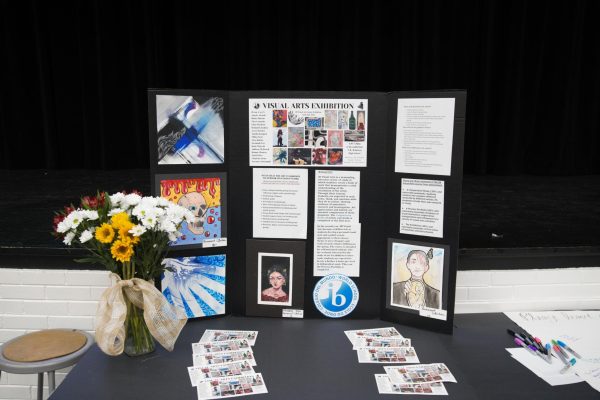Memory for mid-terms
Photo RHSToday Staff
This is a featured image for news articles.
December 13, 2017
With mid-terms coming up, cramming in information is common for students. However, that’s not the best way to absorb what you need to learn. Memorization is a common way to do well on tests, but many students don’t do it the right way and simply get lost in their textbooks. Here are some tips I found on how best to remember things.
- Write it down in your own words. While you have probably heard that a million times, it’s impossible to stress how important it is. Writing down a list of facts you need to remember will cement them in your brain more than just reading them out of a book will. If you just copy the information word-for-word from the textbook, you don’t really know it. It’s best to summarize it in your own way.
- Read the information aloud. If you’re an auditory learner, this will help you remember the material. Even if you just read the textbook aloud as you go through it, you are more likely to remember what was on the page.
- Create a mnemonic device. A mnemonic device is something that helps you remember a fact, a common example of that is PEMDAS. A mnemonic device can be a little dance, a short song, or a story you create using key terms to remember the facts. Then, while taking the exam, just think of the mnemonic device to access the facts.
- Give yourself a break sometimes. Don’t study for two hours straight, take a rest, watch a little tv and eat something. It’s bad for your body to just sit in one place doing one thing for two hours, maybe even stretch to increase your blood flow.
Those are just some tricks that have helped me prepare for exams. They may not all work for everyone, and it’s always best to customize study tips so they will help you the most.






















